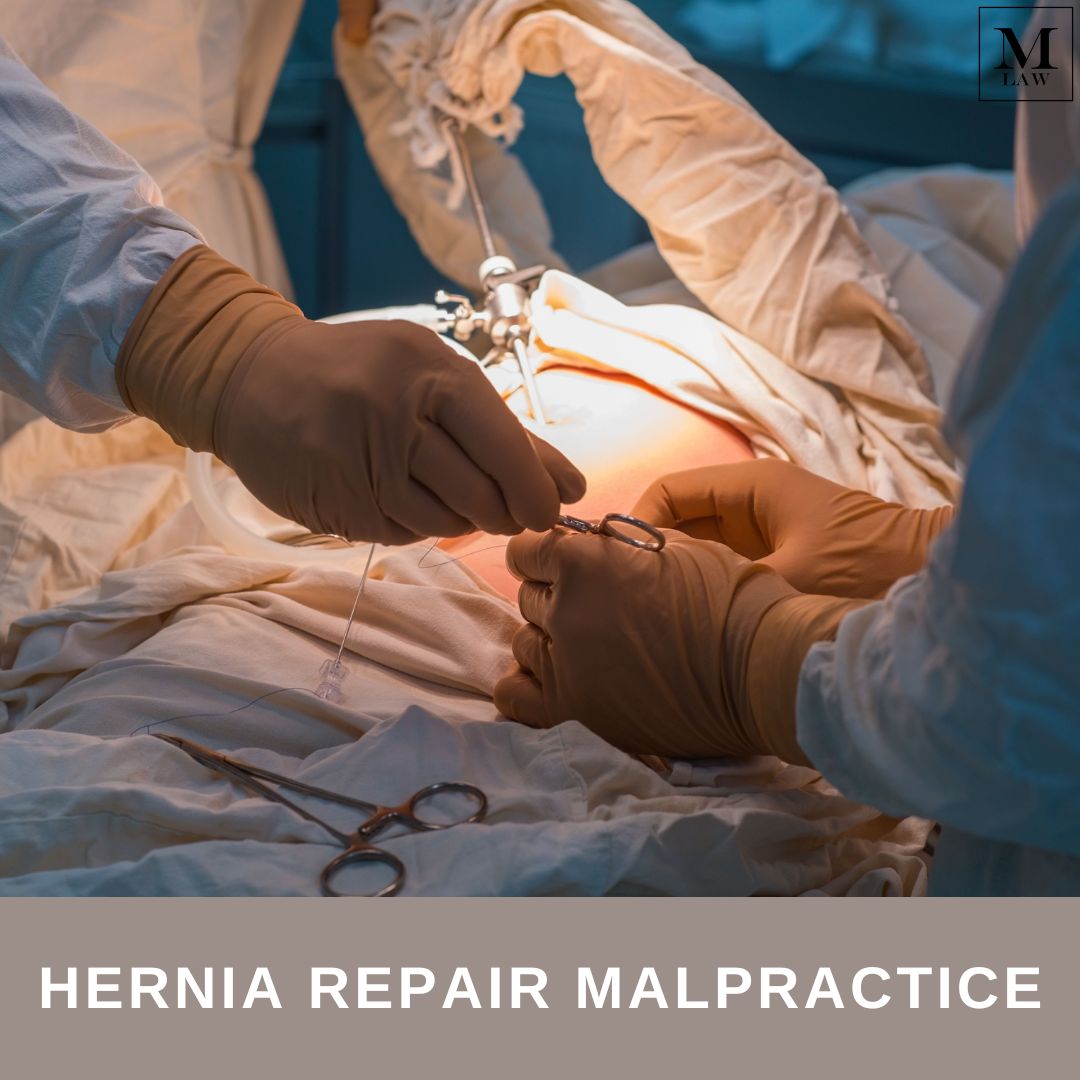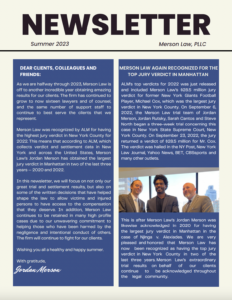Hernia repair surgeries are common procedures performed to address the discomfort and potential complications associated with hernias. While these surgeries are generally considered safe and effective, medical errors can occur during or after the procedure, leading to significant patient harm. In this blog post, we will explore the types of errors that can happen during and after hernia repair surgeries and discuss the legal implications for hernia repair malpractice.
Understanding Hernia Repair Surgeries
Hernias occur when an organ or tissue protrudes through a weak spot in the surrounding muscle or connective tissue. Hernia repair surgeries aim to correct this condition by reinforcing the weakened area and restoring normal tissue structure. There are different surgical techniques available, including open surgery and laparoscopic procedures, each with its own benefits and risks.
Types of Errors during/after Hernia Repair Surgeries
- Surgical Technique Errors: Surgeons may commit errors during the surgery itself, such as improper technique, inadequate suturing, or failure to identify and repair all hernias present. These errors can result in incomplete repair, recurrence of the hernia, or damage to surrounding organs or blood vessels.
- Mesh-related Complications: Hernia repair surgeries often involve the use of mesh implants to strengthen the repaired area. Errors can occur in the selection, placement, or fixation of the mesh, leading to complications such as infection, mesh migration, adhesion, erosion, or rejection. These complications can cause severe pain, further surgeries, and long-term health issues.
- Inadequate Preoperative Evaluation: Surgeons and medical staff must conduct a thorough preoperative evaluation to assess a patient’s overall health, identify any preexisting conditions, and determine the most suitable surgical approach. Errors in this evaluation, such as overlooking contraindications or failing to obtain informed consent, can lead to increased surgical risks and postoperative complications.
- Anesthesia Errors: Administering anesthesia is a critical aspect of any surgical procedure. Errors in anesthesia dosage, improper monitoring, or adverse reactions can result in complications, including respiratory distress, cardiac problems, or even anesthesia awareness during the surgery.
- Postoperative Care Errors: Proper postoperative care is crucial for ensuring a patient’s smooth recovery after a hernia repair surgery. Errors in postoperative monitoring, medication administration, wound care, or discharge instructions can lead to infections, delayed healing, excessive pain, or other complications.
Legal Implications and Seeking Compensation
When patients suffer harm due to errors during or after hernia repair surgeries, they may have legal options to seek compensation for their damages. Here are some potential legal implications:
- Medical Malpractice Claims: Patients who experience complications or injuries resulting from surgical errors, inadequate preoperative evaluation, anesthesia errors, or postoperative care mistakes may be able to file medical malpractice claims against the responsible healthcare providers or institutions.
- Product Liability Claims: In cases involving complications related to mesh implants, patients may pursue product liability claims against the manufacturers of the defective or faulty mesh products.
- Informed Consent Violations: If patients were not adequately informed about the risks, benefits, and alternatives of the hernia repair surgery, leading to unforeseen complications, they may have claims based on a lack of informed consent.
- Breach of Standard of Care: Legal action can be pursued if the healthcare providers or institutions fail to meet the accepted standard of care during the surgical procedure or postoperative care, resulting in patient harm.
Hernia repair surgeries are common procedures aimed at addressing the discomfort and risks associated with hernias. However, medical errors can occur during or after these surgeries, leading to significant patient harm. Patients who experience complications, recurrences, infections, or other adverse outcomes may have legal recourse to seek compensation through medical malpractice claims, product liability claims, informed consent violations, or breach of standard of care actions.
It is crucial for patients affected by such errors to consult with experienced medical malpractice attorneys who can evaluate their case, navigate the legal complexities, and advocate for their rights and well-being. Get in touch with our team today to start your case.








